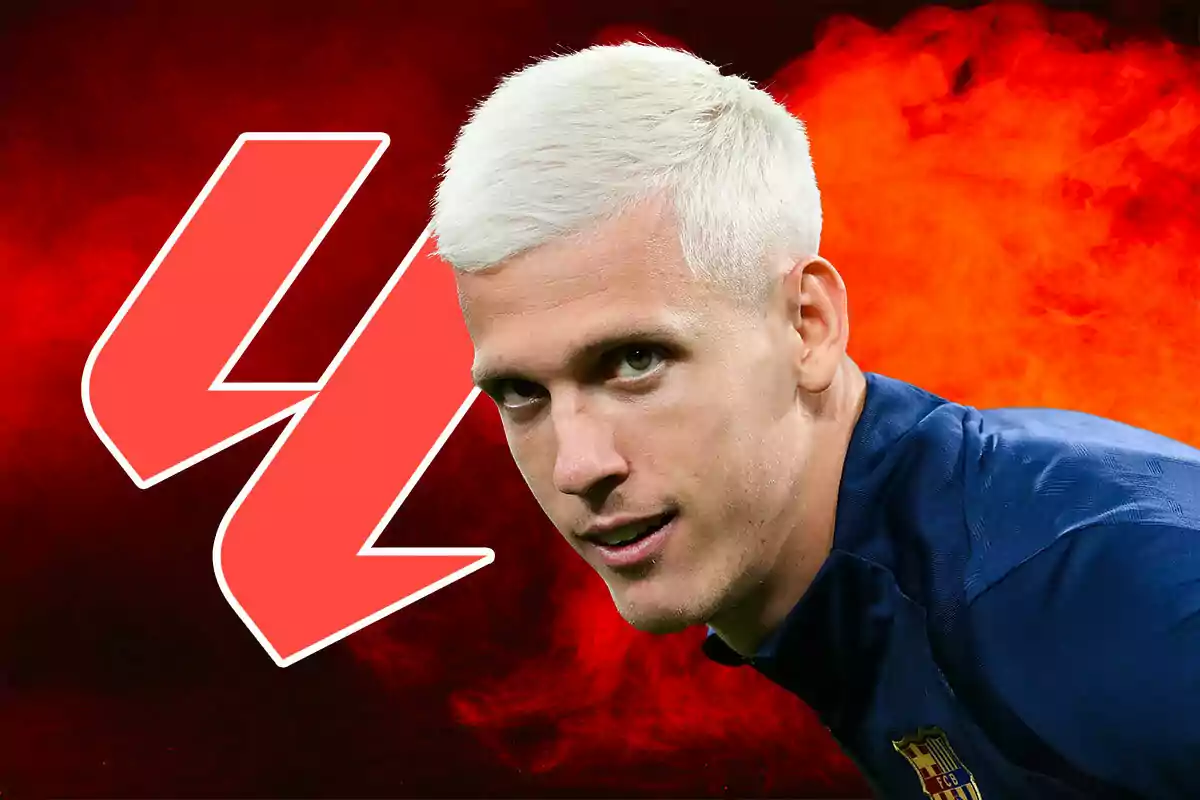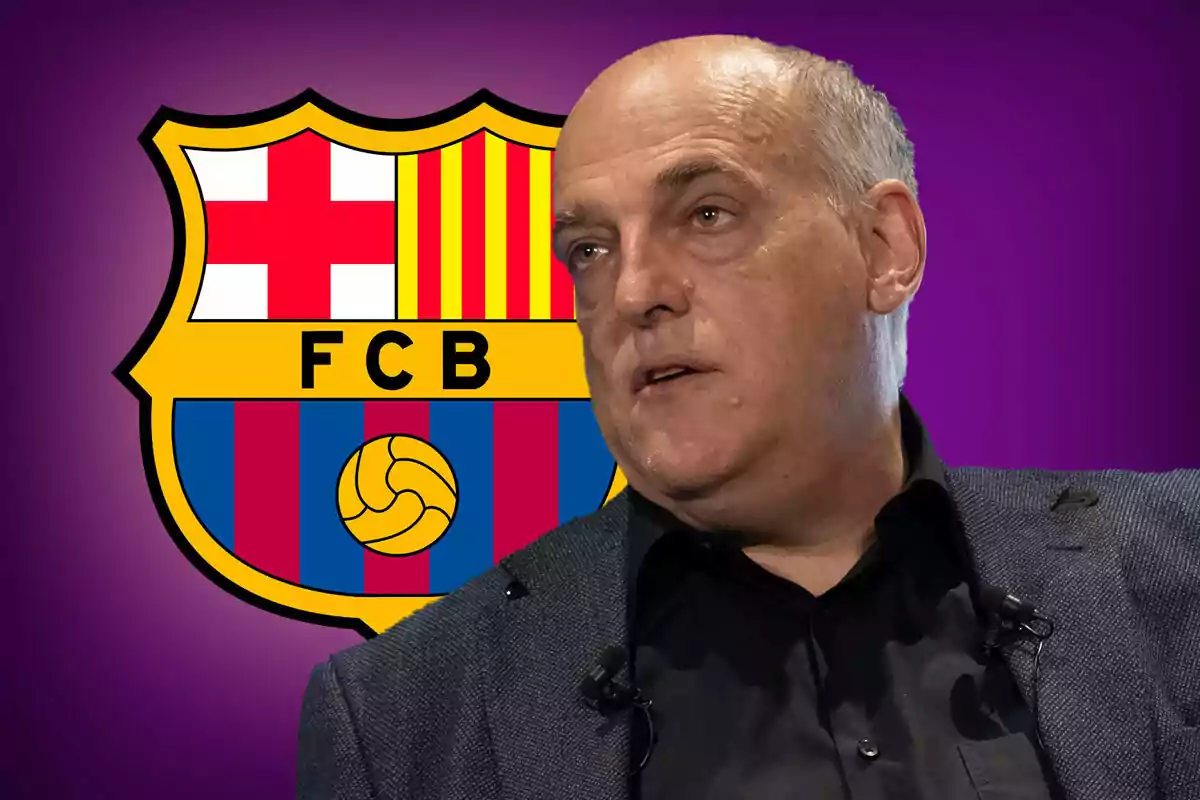Miguel Galán, president of CENAFE, has filed an appeal with the National Commission on Markets and Competition (CNMC) against LaLiga. The complaint focuses on Javier Tebas's economic decisions, questioning their legality.
According to Galán, the financial control imposed by LaLiga has become an obstacle for clubs. It's not just about keeping economic stability. For him, this model creates a "restrictive effect on competition" and benefits teams with more resources.
What does the complaint say?
In a 15-page document, Galán argues that LaLiga abuses its dominant position. This, according to him, violates European and Spanish competition rules.

"LNFP, inspired by UEFA's financial control model, imposes strict economic control on clubs," the complaint states.
The president of CENAFE claims that this control not only limits signings and contract renewals, but also harms teams with lower revenues. In other words, smaller clubs suffer twice: they must compete against stronger rivals and comply with strict rules that restrict their growth.
The Getafe case
One of the clearest examples is Getafe. The 1:1 rule, part of financial Fair Play, forced the Madrid club to sell Nigerian Christantus Uche to Wolverhampton for €16 million.
Miguel Ángel Torres, president of Getafe, expressed his frustration: "I'm forced to sell him, we're ruining LaLiga by being forced to sell."
The case shows how the rule doesn't just affect giants like Barça, but also clubs with more modest budgets. For Galán, these kinds of decisions are the main reason for his complaint, since he's a Getafe supporter at heart and knows the reality of the club from the inside.
Defense of affected players
Galán hasn't just focused on Getafe. He has also defended Barça, especially in the case of Dani Olmo. Thanks to a resolution from the Higher Sports Council (CSD), Olmo was able to play, but Javier Tebas appealed to the National Court to block the decision.
"Dani Olmo COULD NOT be left without a registration on September 1 if Barça doesn't meet the 1:1 rule," Galán explained on X.
This case shows, according to him, how LaLiga's control can create unnecessary problems even for the big clubs. In addition, RFEF confirmed that there was no resolution canceling the players' licenses.

